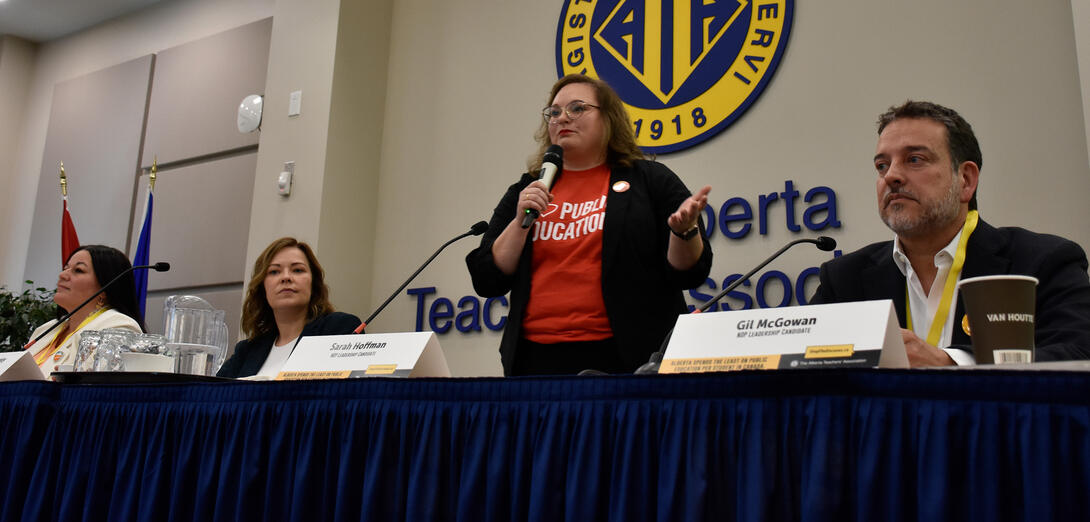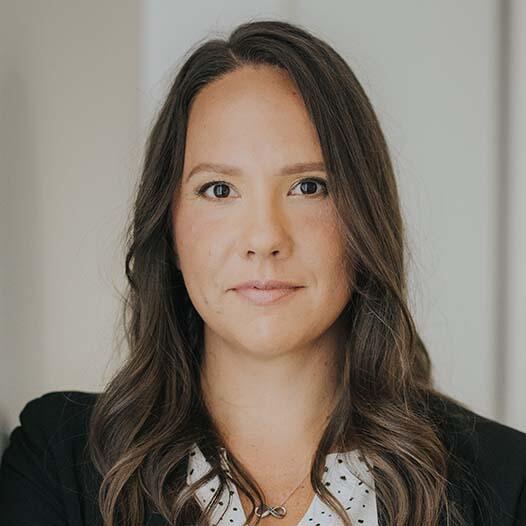In the fall of 2009, Alberta’s Culture Minister Lindsay Blackett introduced Bill 44, the Human Rights, Citizenship and Multiculturalism Amendment Act. The bill aimed to enshrine sexual orientations as a protected ground in Alberta’ s human rights legislation.
Contained in the bill was a clause that would require schools to provide notification to parents any time topics related to sexuality, religion or sexual orientation was explicitly brought up in schools. Parents would have the right to opt children out of those discussions. Sound familiar?
It was widely known that the inclusion of that clause came as a result of a trade-off between social conservatives and progressive members within the Progressive Conservative (PC) caucus. A group of backbenchers, led by Airdrie-Chestermere MLA Rob Anderson, reportedly required the education provision in order to support the human rights changes. The resultant law could have seen teachers brought up before a human rights tribunal if they discussed sexuality or sexual orientation without proper notification.
Blackett, Premier Ed Stelmach and Education Minister Dave Hancock became the face of attempts to sell the controversial bill to Albertans, even though it was well known that they didn’t support the notification requirements.
Interestingly, in the years that followed, Anderson crossed the floor to join the Wild Rose party, led by Danielle Smith. Smith and Anderson would then cross the floor to join Jim Prentice’s Progressive Conservatives in late 2014. Now, a decade later, Anderson serves as executive director for the office of Premier Smith.
I bring this story up now because the whole saga made me aware of a significant issue with how parties affect our political structures and democracy. At the time, Alberta was essentially a one-party state. The governing PCs had been in power for 37 years. The legislature was simply a formality in the law-making process. It didn’t matter what arguments were made in the legislature — that was merely theatre. The real decisions had already been made, behind closed doors among the PC caucus members.
My ultimate conclusion, which has since been reinforced with examples from both sides of the aisle, was that the party system was a bug in our democracy. Unfortunately, at the provincial and federal levels, our parliamentary system has evolved in a way that now makes the party system a requirement.
But I can tell you one place where we definitely do not need parties and that is school boards.
Alas, the government has now intro-duced Bill 20, which proposes to bring parties into school board elections and operations.
Since 2009, it seems that politics has gotten increasingly divisive and often extremely heated. So much of the public discourse is now based on mythology and misinformation. We are definitely seeing this hit very close to home as many issues related to education have become highly politicized. The introduction of political parties will make it so much worse.
The raison d’être of a political party is to gain and hold onto power. The most effective way to do that is to diminish and ultimately attack your opposing parties. The focus of political debate is much more about scoring political points than it is about doing the right thing, or even the popular thing. Bill 44 was prime example of this.
We don’t need that in school board governance. We need thoughtful and passionate leaders. We need people who are in it for the right reasons — to bring good policy and good decision making into educational governance.
With parties in place, I anticipate that the elections will become partisan slugfests with more and more attention paid to divisive and controversial issues and less attention paid to addressing the real issues affecting schools. Party leaders will dictate the messages that best attract their target voters and backbench candidates will be largely silenced.
After the elections, we will see policy being advanced in order to trigger outrage or embarrass opponents as opposed to consensus building around the solutions that will most benefit students and improve public education.
School board trustees must be focused on looking after the best interests of students, not the best interests of their party. Contact your MLA and urge them to amend Bill 20 and to keep political parties out of school boards. ❚
I welcome your comments. Contact me at jonathan.teghtmeyer@ata.ab.ca.

ATA News, Editor-in-Chief


